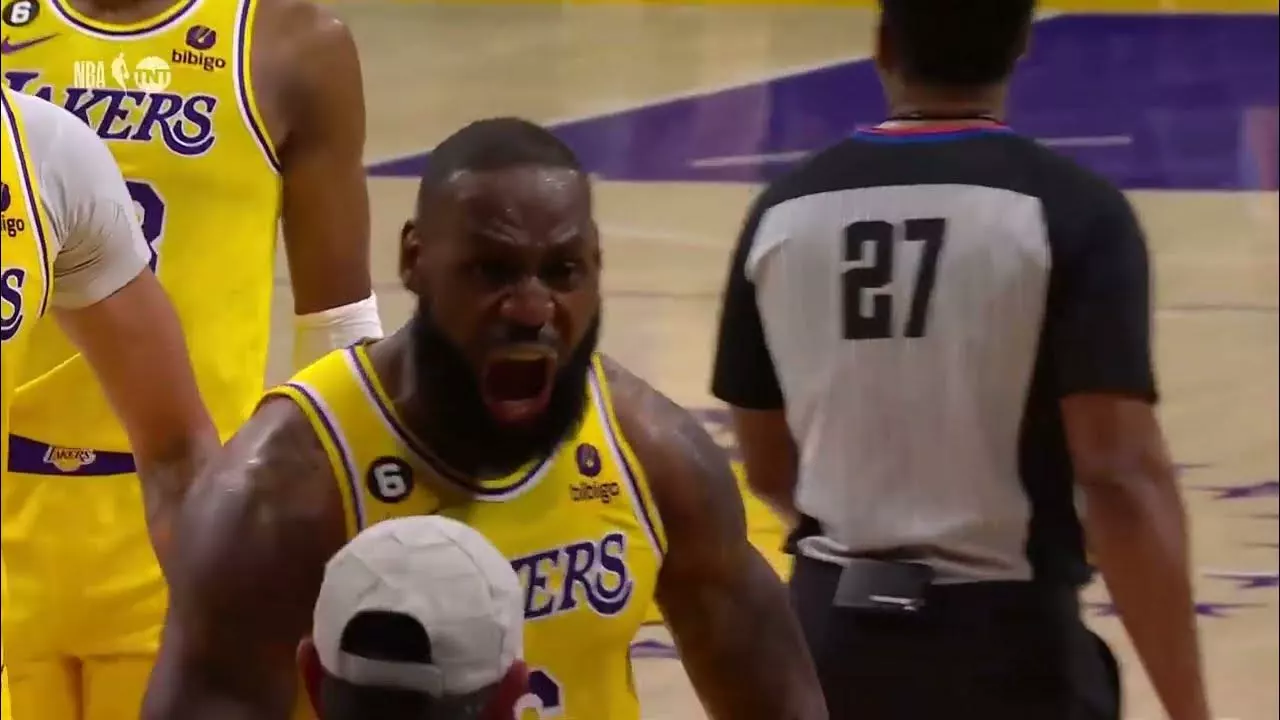Referee 101: The Basics Every Fan Should Know
Ever wondered who’s behind those whistles and hand signals? That’s the referee, the person in charge of making sure the game runs by the rules. Whether you’re watching football, basketball, or rugby, the referee’s job is the same: keep the play fair, protect the players, and keep the crowd entertained.
What a Referee Actually Does
First off, a referee isn’t just a loudmouth with a whistle. They’re the on‑field authority. They watch every pass, tackle, and goal, and they make instant decisions on fouls, offsides, and scores. In football, the referee works with two assistant referees and a fourth official to cover the whole pitch. In basketball, the crew chief and two side judges share the load. The key is that all officials talk to each other using signals so the game stays smooth.
Beyond calling fouls, referees also manage the game clock, enforce player conduct rules, and handle any disputes that pop up. If a player argues, the referee decides whether to issue a yellow card, a technical foul, or just a warning. Their decisions can change the momentum of a match, which is why consistency is crucial.
Why Refereeing Matters
Imagine a football match where the rules are ignored—players would start tackling each other hard, the ball could be grabbed anywhere, and the final score would feel meaningless. Referees keep the sport’s integrity intact. They also protect players from dangerous plays; a well‑timed foul call can stop a potential injury before it happens.
Fans often blame referees for a loss, but a good referee lets the best team win by staying neutral. Their presence lets coaches focus on tactics instead of worrying about illegal moves. In short, referees are the unsung heroes who let the sport shine.
If you’re thinking about becoming a referee, start by getting the basic certification from your sport’s governing body. Most leagues require you to pass a written test on rules and a practical exam on positioning and signaling. Then you’ll work your way up—local youth games first, then amateur leagues, and eventually professional matches if you prove yourself.
Training isn’t just about learning rules; it’s about fitness, too. Referees run as much as the players, especially in fast‑paced sports like soccer or basketball. Many officials follow a specific workout plan to stay sharp for the whole match.
One tip for new officials: always communicate clearly. A quick hand signal or a concise spoken decision reduces confusion and speeds up play. Also, keep a calm tone—even when a crowd boos, staying composed helps you stay in control.
In the age of video‑assistant referees (VAR) and replay systems, the human element still matters. Technology can review a decision, but only a referee can interpret the context and apply the rule correctly. That’s why many leagues keep a blend of on‑field officials and video support.
Whether you’re a fan, a player, or an aspiring official, understanding the referee’s role adds a new layer of appreciation to any game. Next time you hear that whistle, you’ll know there’s a whole world of training, rule‑knowledge, and split‑second judgment behind it.
Refereeing a game that LeBron James is playing is a truly unique experience. Watching one of the greatest basketball players of all time up close and personal is both awe-inspiring and intimidating. Every move he makes is under the microscope, and it requires the referee to be extra vigilant and keep their focus. It's a thrilling experience that is sure to leave a lasting memory! However, it is also a huge responsibility and one that requires utmost professionalism and respect for the game. It's an opportunity to be part of the show, yet remain impartial and ensure a fair game.
View Details

